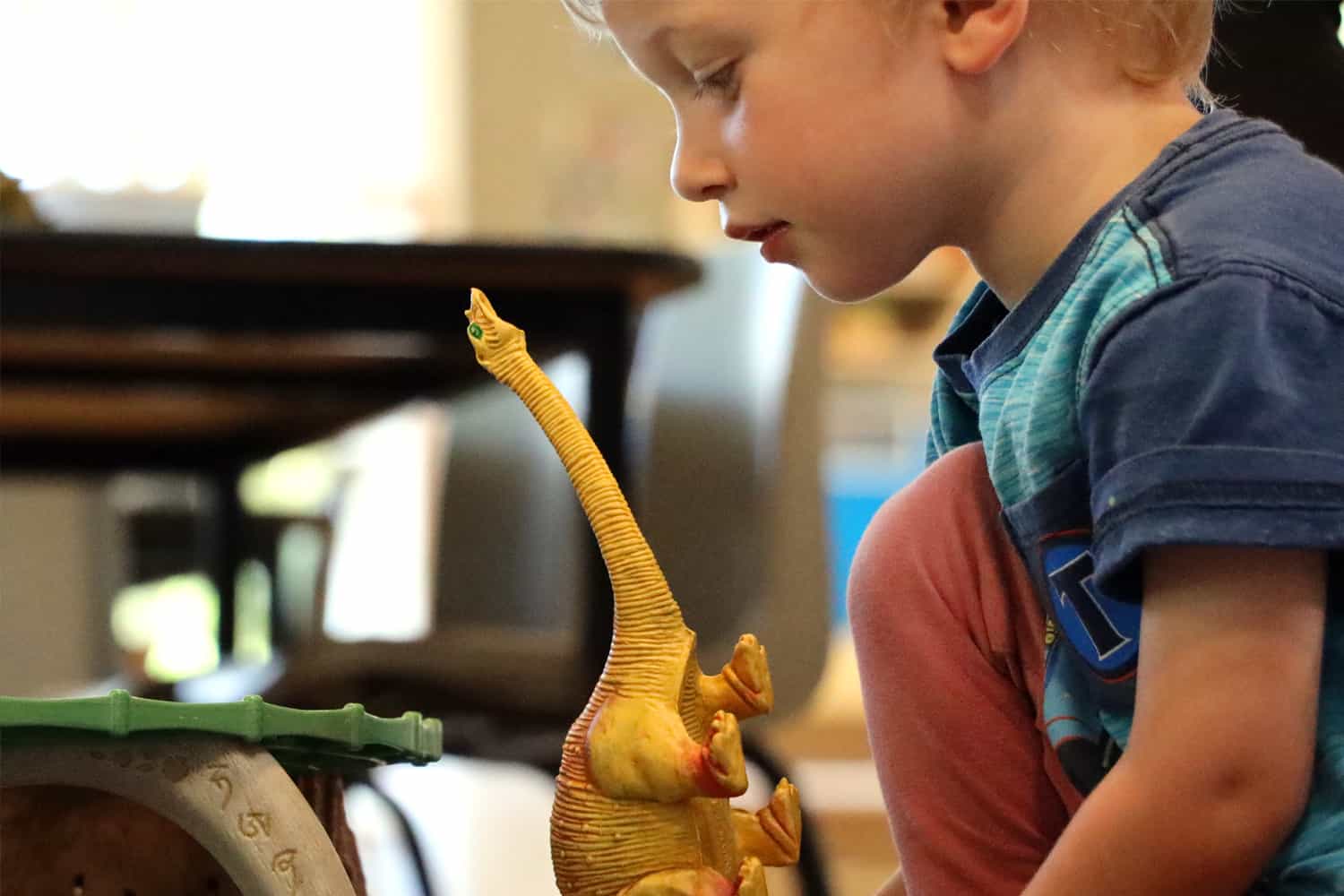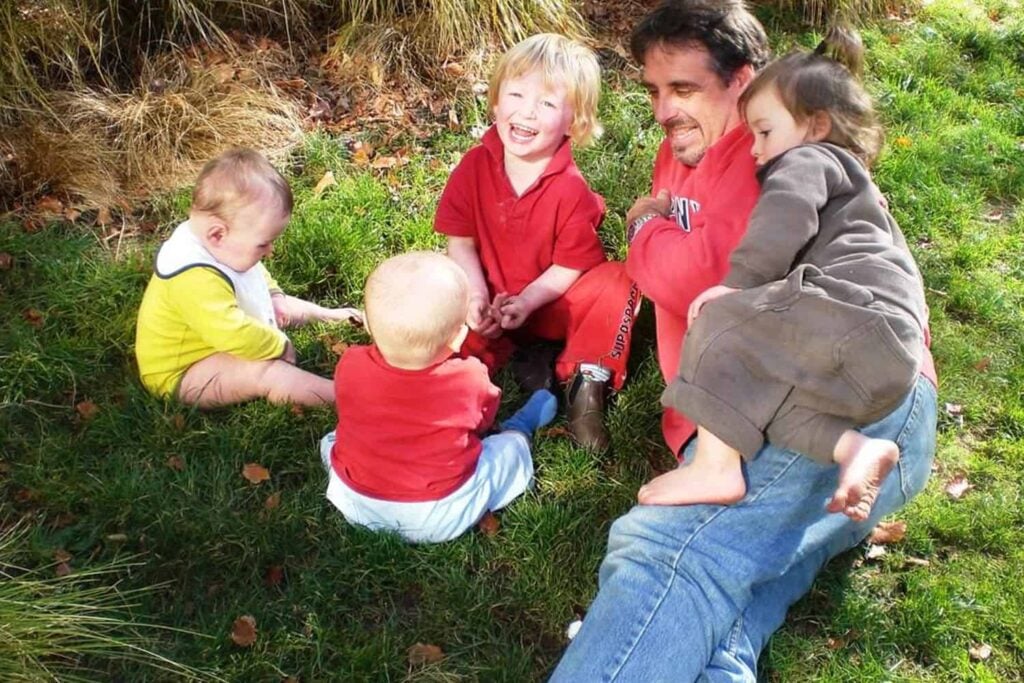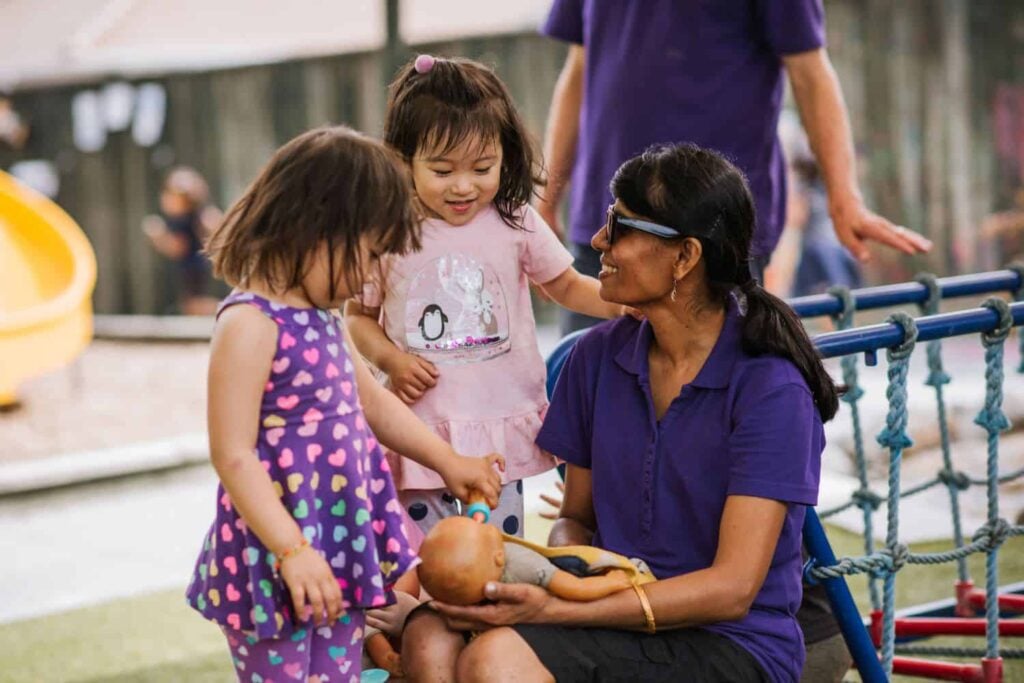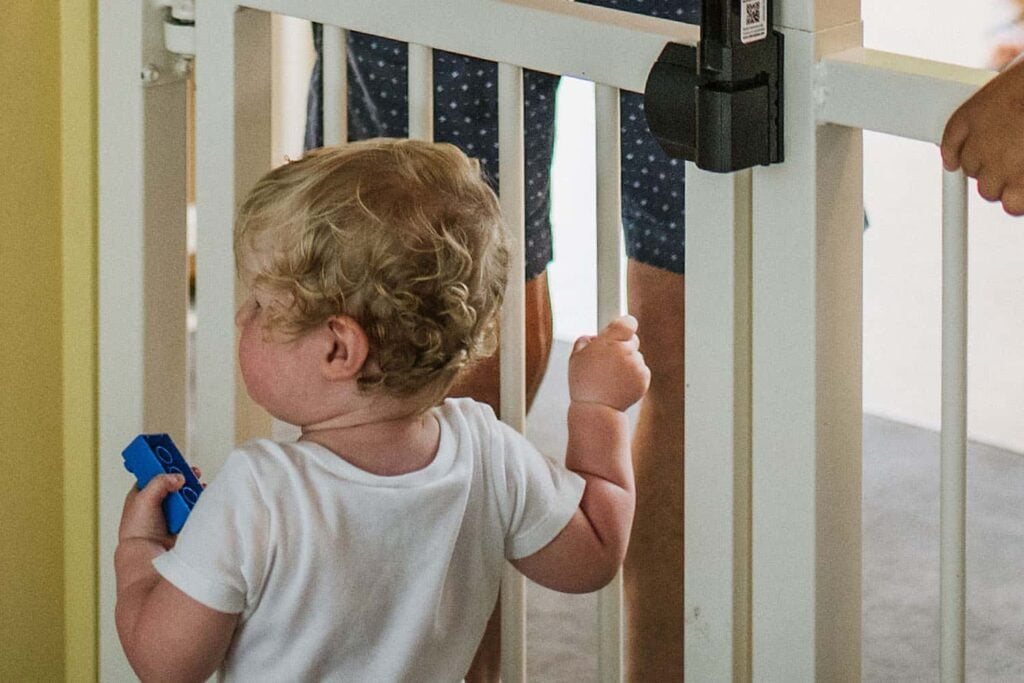The titles, authors and abstracts for papers published in the NZ International Research in Early Childhood Education Journal, Volume 25, 2023 are shown below. To read any article a member login is needed – join us if you are not already a member. Many libraries subscribe to the journal so you may be able to view articles through your library’s system.
Order a copy of any article
Type in below the year, volume number and author(s) of the article you wish to order. The price per copy is NZ $19. Once you have completed your order it will emailed to you within 24 hours.
Articles published in Volume 25, 2023
Original Research Paper
Cultural Components of Early Childhood Teacher Education in Aotearoa NZ
Tahera Afrin
Abstract
A number of Tertiary Education Organisations (TEOs) deliver early childhood teacher education programmes, where teaching and learning takes place between student-teachers and lecturers. Although several research reports aim to explore cultural diversity and inclusive practice with young children, very few do so from the perspective of teacher education. It is important that the tertiary sector is studied so that the student-teachers’ classroom encounter aligns with the placement experience. This study aims to address this gap. Within a socio-cultural framework, the research objectives were to ascertain the cultural components of early childhood teacher education programmes and to explore how the identified components impact on teaching and learning. Twelve lecturers from three TEOs and three cohorts of student-teachers participated via interviews and focus group discussions. Using manual thematic coding, nine broad areas of emerged. These are bicultural contexts of Aotearoa, multi-culturalism, individual identities, cross-cultural interactions, comfort zone, female majority, socio-economic struggles, spirituality, and technology. Student-teachers reported feeling empowered when they shared components from their culture. Lecturers acknowledged these components and affirmed that they contributed to their own emotional and professional growth. The findings led to the development of a reusable reflection framework for the lecturers of early childhood teacher education programmes to promote cultural competence.
Key words: Culture, teacher education, early childhood, reflection, teaching as inquiry.
Full reference
Afrin, T. (2023). Cultural components of early childhood teacher education in Aotearoa New Zealand. NZ International Research in Early Childhood Education Journal, 25, pp. 1 – 16.
Original Research Paper
Working Towards Culturally Safe and Inclusive Early Childhood Work Environments
Veronica Griffiths*, Erin Hall*, Derek Hartley*, Fleur Hohaia-Rollinson**, Jenny Malcolm*, Kerry Purdue* and Alice Tate* (* Te Pūkenga, NZ, ** Te Rito Maioha, NZ)
Abstract
Priority 1 of the National Education and Learning Priorities (NELP) requires early childhood education (ECE) services to ensure their educational environments are “safe, inclusive and free from racism, discrimination and bullying” (New Zealand Government, 2019, p. 2). However, recent media reports and research indicate that ECE teachers/kaiako do not experience safe, inclusive workplaces. This research supports a key action identified in the NELP namely to “ask…staff about their experience of racism, discrimination and bullying, and use that information to reduce these behaviours” (New Zealand Government, 2019, p. 2). We used a survey containing open-ended questions administered through Survey Monkey to gather information on diverse ECE teacher experiences in their work environments. The 233 respondents reported a range of positive and negative attitudes and behaviours to their differences, examples of which appear in this article. The study suggests that work is still needed to ensure early childhood workplaces are inclusive of culture and diversity. Our recommendations call on adults working in New Zealand early childhood services to help counter such experiences by honouring the Treaty of Waitangi/Te Tiriti o Waitangi, engaging in critical self and team reflection, increasing cultural and diversity capability through professional learning and development, and practicing continuous improvement.
Key words: Policy, discrimination, inclusion, early childhood workplaces.
Full reference
Griffiths, V., Hall, E., Hartley, D., Hohaia-Rollinson, F., Malcolm J., Purdue, K. and Tate, A. (2023). Working towards culturally safe and inclusive early childhood work environments. NZ International Research in Early Childhood Education Journal, 25, pp. 17 – 28.
Original Research Paper
Female Social Justice Leaders in the Early Childhood Profession: A Narrative Inquiry on the Origins of Leadership
Tui Summers (Ngāti Raukawa)* and Annelies Kamp** (* Te Rito Maioha, NZ, ** University of Canterbury, NZ)
Abstract
Sonja Davies, Kai Tahu, 1923-2005, was dedicated to social justice in Aotearoa New Zealand (Aotearoa) across various arenas, including early childhood education. She received the Queen’s Service award in 1987 and was a member of Parliament from 1987 to 1993. This article, drawn from kaupapa Māori, narrative research, investigates Sonja’s life with a focus on her upbringing, family, and contributions to early childhood. Sonja’s story, compiled from autobiographies, interview and document sources, was analysed thematically to explore the origins of her leadership. The analysis revealed that the origins of Sonja’s leadership are found in role models, personal struggles, mana wahine and social norms. Her leadership had a cost and was influenced by gender and generational contexts. Sonja’s leadership skills, combined with the social, economic, and cultural context that existed for her generation, enabled her to address inequities and to achieve change in the social justice sphere. Sonja’s story is important due to its place in time and history and because female leaders are underrepresented in the leadership literature. Drawing on Sonja’s story and the literature this article argues that the origins of Sonja’s leadership offer insights for the development of current and future leaders in early childhood education and beyond.
Key words: Sonja Davies, early childhood leadership, social justice, politics of childcare.
Full reference
Summers, T. & Kamp, A. (2023). Female social justice leaders in the early childhood profession: A narrative inquiry on the origins of leadership. NZ International Research in Early Childhood Education Journal, 25, pp. 29 – 43
Original Research Paper
Children Learning about Same-Sex Families: Perspectives of Chinese Parents Living in Australia
Xinyun Meg Liang, Manjula Waniganayake, and Fay Hadley (Macquarie University, Sydney, Australia)
Abstract
Every child should feel valued and have a sense of belonging in the early childhood (EC) setting they attend regardless of their family composition. A comprehensive literature review undertaken has revealed that a key source of EC practitioners’ reluctance to include same-sex families in their programmes has been their perceived opposition of parents. To better understand parents’ perspectives on the inclusion of same-sex families in EC settings, this study captured the views of parents of Chinese heritage living in Australia. It explored parents’ perceptions about their own children’s understanding of same-sex families. Analysis of the online survey (43 mothers and 11 fathers) and follow-up interviews (four mothers and one father) indicated parents’ reluctance towards engaging children in learning about same-sex families. Underpinning this reluctance were themes about: 1) the relevance of information that parents perceived their children have access to about same-sex families; and 2) challenges they identified about children’s conceptual capabilities and developmental outcomes. The findings suggest that parents require evidence-based information to alleviate potential concerns and practitioners require dedicated professional training to gain confidence in including same-sex families.
Key words: Early childhood education, same-sex families, diversity, inclusion, parents, training.
Full reference
Liang, X., Waniganayake, M., & Hadley, F. (2023). Children learning about same-sex families: Perspectives of Chinese parents living in Australia. NZ International Research in Early Childhood Education Journal, 25, pp. 44 – 56.
Theory Original Paper
Revisiting Rhizomatic Connections and Relationships in Young Children’s Thinking and Meaning-Making
Johanna Cliffe (The Learning Institute and the University of Worcester, UK.)
Abstract
The purpose of this article is to (re)explore possibilities within children’s thinking, connecting and meaning-making. Connections and relationships play a significant role in how children develop their thinking and draw sense and meaning from the world around them. Yet, too often they are overlooked in favour of more traditional approaches to knowledge production and pre-determined curricula priorities. These more traditional and predetermined approaches, not only risk marginalising children’s learning but may lead to early childhood practitioners (ECPs) missing or (mis)construing the potential and possibilities within encounters. This article critically (re)examines a vignette of practice in a pre-school setting in the South West of England, between a group of 4-year-old children, an early years researcher, an ECP and a bean. Through a Deleuzoguattarian (1987) lens concepts of rhizomes, assemblage and nomad, will be employed to problematise the vignette and reflect on/with multiple lines of flight, to accommodate alternative understandings of the encounter. Drawing on current social and relational pedagogic literature, the paper will consider the importance of connections and relationships in children’s meaning-making processes. A deeper exploration of the complex nature of children’s thinking, will support ECPs in understanding how children understand and make sense of their world.
Key words: Relationships and connections, rhizomatic thinking, early childhood education, Deleuze, Guattari.
Full reference
Cliffe, J. (2023). Revisiting rhizomatic connections and relationships in young children’s thinking and meaning-making. NZ International Research in Early Childhood Education Journal, 25, pp. 57 – 70.
Book Review
Self and Story in Early Childhood: Children’s Developing Minds Revealed by Parent-led Research
by Hugh Crago
Reviewed by Wendy Boyd
Hugh Crago’s book provides thoughtful insight into children’s development and learning in respect to stories. Using parent-led research Hugh leads the reader into considering what exactly are stories and how do they impact children’s learning and development. Early in the book Hugh describes how stories affect the two hemispheres of the brain explaining how each side of the brain has different functions and responses to the environment. As Hugh asks in the book’s opening: What do children make of the stories we offer them? What do they think and feel as they listen to a parent read a picture-book? And what if a story confuses them or upsets them?
… continue reading by going to the full review.
Full reference
Boyd, W. (2023). Book Review: Self and story in early childhood: Children’s developing minds revealed by parent-led research. NZ International Research in Early Childhood Education Journal, 25, pp. 71.









